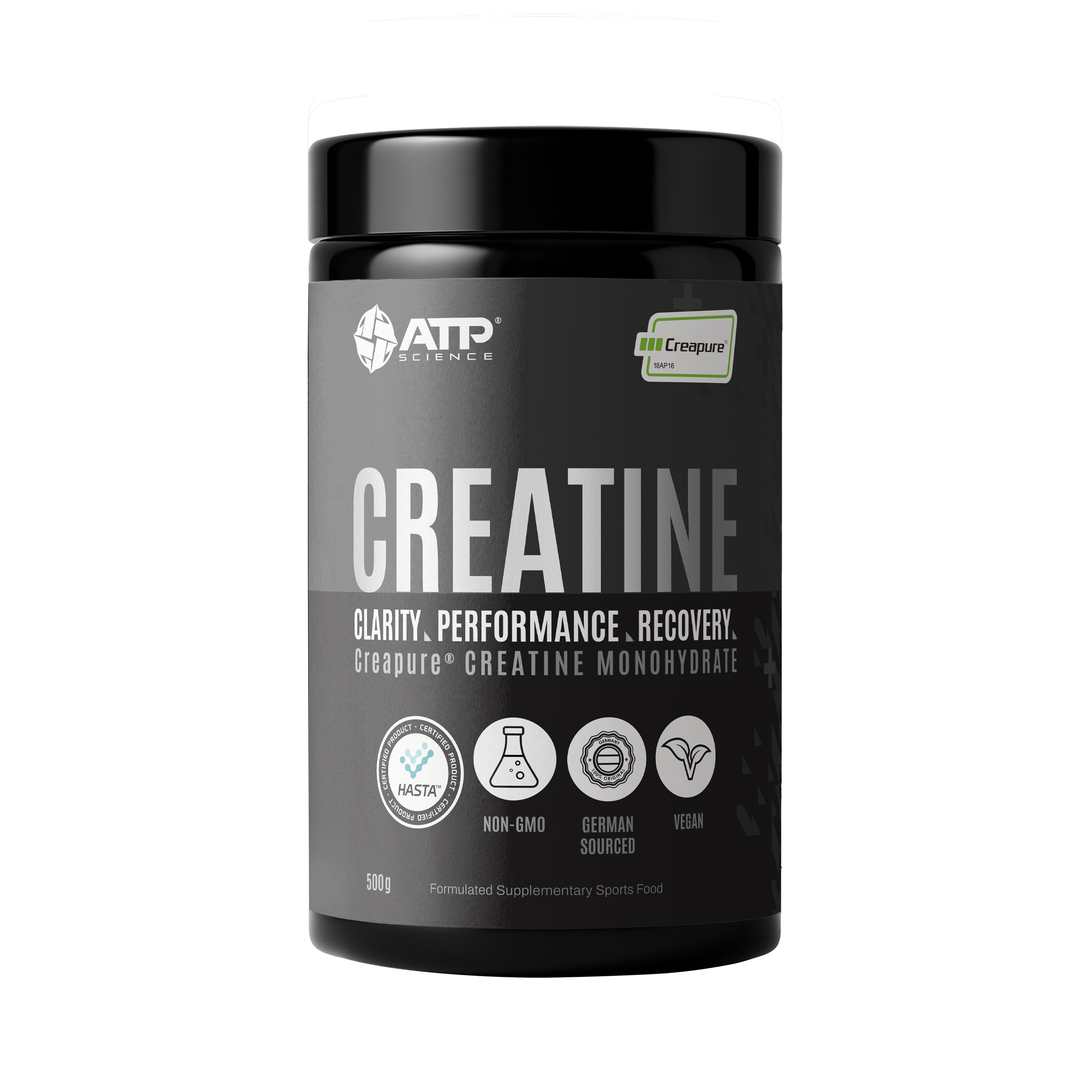What’s going on here, are there actually key signs that exhibit potential thyroid dysfunction before the blood tests prove our suspicions right or wrong? Yes, there is, and we will get into this in great detail below.
What does our Thyroid do?
The Thyroid is a gland and plays an important part in our endocrine system. Our endocrine system regulates our hormonal levels throughout the course of day-to-day life through means of constant feedback back and forth from our brain to our body.The Thyroid Gland itself governs a major element of our metabolism, growth and overall development of the human body. The Gland, which is shaped similarly to a butterfly, is located in our throat/neck in approximately the same location as where our voice box would be. The gland produces 3 hormones in response to the Thyroid Stimulating Hormone from the pituitary gland in our brain.
- Triiodothyronine, also known as T3 [1]
- Tetraiodothyronine also called thyroxine or T4 [1]
- Calcitonin [2]
An overview of the two major hormones of the Thyroid is T3 and T4 – what is often referred to as the active hormones of the thyroid. These increase our basal metabolic rate in the body, put simply, they help improve the efficiency of every cell in our body to use the energy we have consumed and stored. When they are working effectively, they affect the following areas positively [1]:
- Body temperature increases.
- Faster pulse and stronger heartbeat.
- Food is utilised more effectively as liver and muscle stores of glycogen are tapped into and used.
- Matures the brain in children.
- Growth is promoted in children.
- Improved nervous system function, faster response times and increased concentration capacity.
What happens when there is an imbalance?
In the thyroid, there can be two main directions of imbalance.Hyper – Elevated/faster
Hypo – Low/slow
So, when we see the terminologies of hyperthyroidism and hypothyroidism, we know what they mean. Having a faster thyroid, in the case of Hyperthyroidism, means that we have elevated or a much higher ratio of T4/Thyroxin. In the case of Hypothyroidism, this is poor production of thyroid hormone and or poor conversion.
When we suggest testing thyroid panels in blood work with your doctor, it is also a good idea to check any antibody activity that may be off if the panels come back at abnormal levels of the ranges. Hashimoto’s is an autoimmune condition that leads to slow thyroid function. Graves disease is an autoimmune condition that increases thyroid hormone function beyond normal levels.
Antibody testing for these conditions will be conducted through various antigen measures related specifically to the thyroid. These are the Anti-thyroid Peroxidase (anti-TPO), Antithyroglobulin (Anti-Tg) and on occasion we see testing done with TSH Receptor-Blocking Antibodies (TBII).
What are some common Physiological Signs that it may be time to check?
Frequent health check-ups and blood work should always be part of your life routine, at least a few times a year with your doctor if you can. However, there are some tell-tale signs of slow and fast thyroid function that you can keep a little checklist of in the interim.Slow:
- Often feel cold and struggle to get warm.
- Dry brittle hair.
- Dry skin.
- Brittle flaky nails.
- Loss of hair on the outer 3rd of the eyebrow.
- Slow heart rate, lower blood pressure.
- Constipation or poor bowel movements.
- Excessive gas, fermentation signals like burping constantly and always bloated.
- Fluid retention.
- Poor fingernail beds.
- Lower basal body temp. Healthy temps usually sit around 36-37 degrees Celsius.
- Hot/ clammy with clammy constant perspiration.
- Hot feet and heels.
- The higher elevation of blood pressure.
- Rapid/fast heart rate.
- Fast transit time of stools, not formed properly/loose.
- Heartburn, Gerd or indigestion.
- Constantly sweaty hands/palms.
- Dehydration symptoms.
- Higher basal body temp. Healthy temps usually sit around 36-37 degrees Celsius.
How do I know what my Basal Body Temp is?
Basal body temperature measurement isn’t a be all end all measure; it doesn’t remove the need for professional guidance or diagnosis. However, it can be a great indicator that you can take to your health care professional when you have collected some data from measuring it over time.If you have made your way down those symptom picture lists and are thinking, “hmm some of these sounds like me…” Then another good way to get a gauge for something going on is to measure your basal body temperature consistently. The important part of this is consistency.
The best way to measure your basal temp is at rest. So, get a good quality digital thermometer and pick either under the tongue with the mouth closed, or the armpit as the consistent location of measure. Upon waking is best as this is usually the time you have moved the least. So, before you flip off the covers in the morning, take your temp and write down the result.
Usually, 30 days is a decent time to keep this up and log data for your health care professional to review on your next check-up. Ladies, keep in mind that body temperature naturally fluctuates across ovulation, so this can skew the data slightly [3,4].
Test Requesting
Ok, so you have ticked off some of the common symptom pictures for slow or fast thyroid. You have been keeping track of your basal temp each morning, and you want to get some answers? Here are some suggested tests that can be requested for pathology screening for the thyroid:- TSH.
- FT4.
- FT3.
- Reverse T3 (RT3) - (costs extra)
- Anti-thyroid peroxidase (anti-TPO).
- Antithyroglobulin (Anti-Tg)/(TGab)
- TSH Receptor-Blocking Antibodies (TBII).
Diet and your Thyroid
Lastly, in the famous words of Hippocrates – Let food be thy medicine. This does not replace conventional health care, health care interventions or anything of the sort. However, prevention is the best practice. Looking after your thyroid through your nutrition is important, your thyroid requires very specific nutrients to function effectively. The thyroid is one of the most oxidative processing hubs in the entire body, Iodide in particular is oxidised in the process of thyroid hormone synthesis, so looking after the regulation of this process is also important [5].Nutrients required by the Thyroid [6]:
- Selenium.
- Dietary iodine.
- Tyrosine.
- Zinc.
- Iron,
- Vitamin A.
- Chromium.
Stress and your Thyroid
There is a huge amount of compiled evidence that correlates the link between stress and slower thyroid. How? Think of it from this scenario, you experience a high-stress scenario, from here your body takes the following steps in order to respond to its innate survival mechanisms.The body will prioritise energy for immediate use to activate its fight or flight response, in an effort to do this and keep glucose readily available and prevent it from being stored in muscle and liver as glycogen. To do this, cortisol, which is excreted in response to a signalled stress; inhibits insulin from driving sugar/glucose into the cells. It also suppresses the thyroid-stimulating hormone TSH, which makes perfect sense when you think about it. If we are running for our lives in response to acute stress or chronic stress from an illness, a fast-functioning metabolism that requires feeding is not optimal. During this process, digestion is also slowed and leptin (satiety hormone) levels are elevated too. In a nutshell, eating and digesting, and all the processes associated with that demand are not required when the innate survival mechanisms of our sympathetic (fight or flight) system is engaged [7].
Now, if this is engaged constantly… I think we can all draw the dots on that one. Working to actively reduce stress in areas of your life is important, not just for your thyroid but for your overall health too.
Take home?
There are so many correlating variables that can disturb our thyroid function…- Genetics is either directly inherited or expressed through the environment.
- Stress.
- Diet.
- Immune.
- Lifestyle.
References:
- org . Cologne, Germany: Institute for Quality and Efficiency in Health Care (IQWiG); 2006-. How does the thyroid gland work? 2010 Nov 17 . Available from: https://www.ncbi.nlm.nih.gov/books/NBK279388/
- Felsenfeld, A. J., & Levine, B. S. (2015). Calcitonin, the forgotten hormone: does it deserve to be forgotten?. Clinical kidney journal, 8(2), 180–187. https://doi.org/10.1093/ckj/sfv011
- Mullur, R., Liu, Y. Y., & Brent, G. A. (2014). Thyroid hormone regulation of metabolism. Physiological reviews, 94(2), 355–382. https://doi.org/10.1152/physrev.00030.2013
- Steward K, Raja A. Physiology, Ovulation And Basal Body Temperature. 2021 Jul 22. In: StatPearls . Treasure Island (FL): StatPearls Publishing; 2021 Jan–. PMID: 31536292.
- Nussey S, Whitehead S. Endocrinology: An Integrated Approach. Oxford: BIOS Scientific Publishers; 2001. Chapter 3, The thyroid gland. Available from: https://www.ncbi.nlm.nih.gov/books/NBK28/
- Triggiani V, Tafaro E, Giagulli VA, Sabbà C, Resta F, Licchelli B, Guastamacchia E. Role of iodine, selenium and other micronutrients in thyroid function and disorders. Endocr Metab Immune Disord Drug Targets. 2009 Sep;9(3):277-94. doi: 10.2174/187153009789044392. Epub 2009 Sep 1. PMID: 19594417.
- Samuels MH. Effects of variations in physiological cortisol levels on thyrotropin secretion in subjects with adrenal insufficiency: a clinical research center study. J Clin Endocrinol Metab. 2000 Apr;85(4):1388-93. doi: 10.1210/jcem.85.4.6540. PMID: 10770171.


















